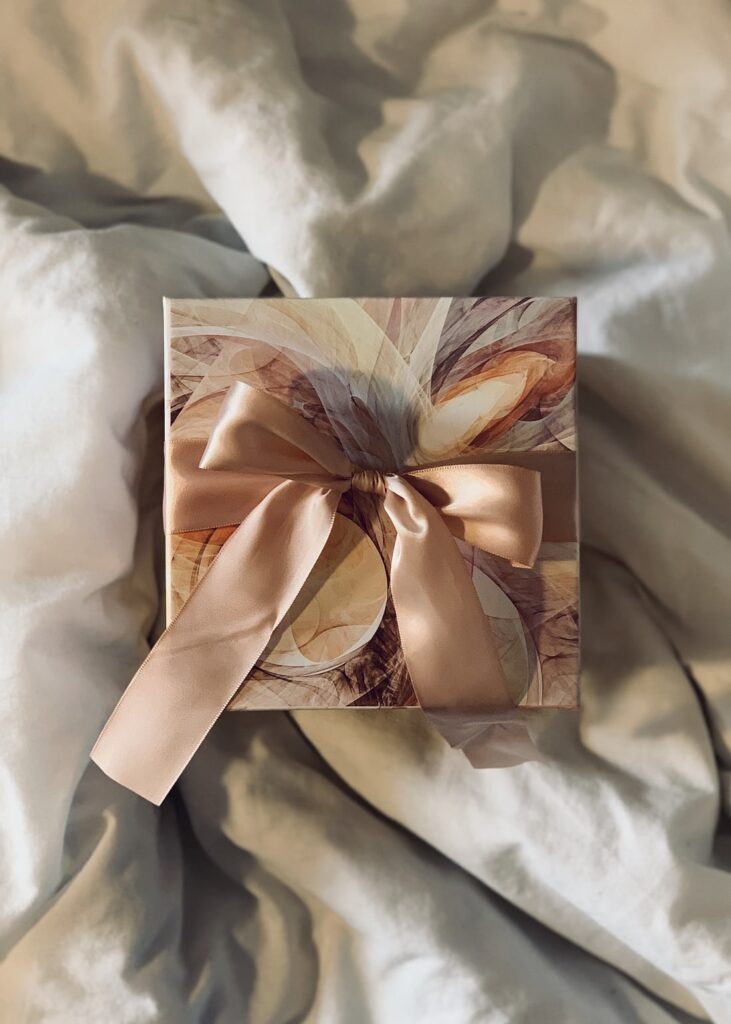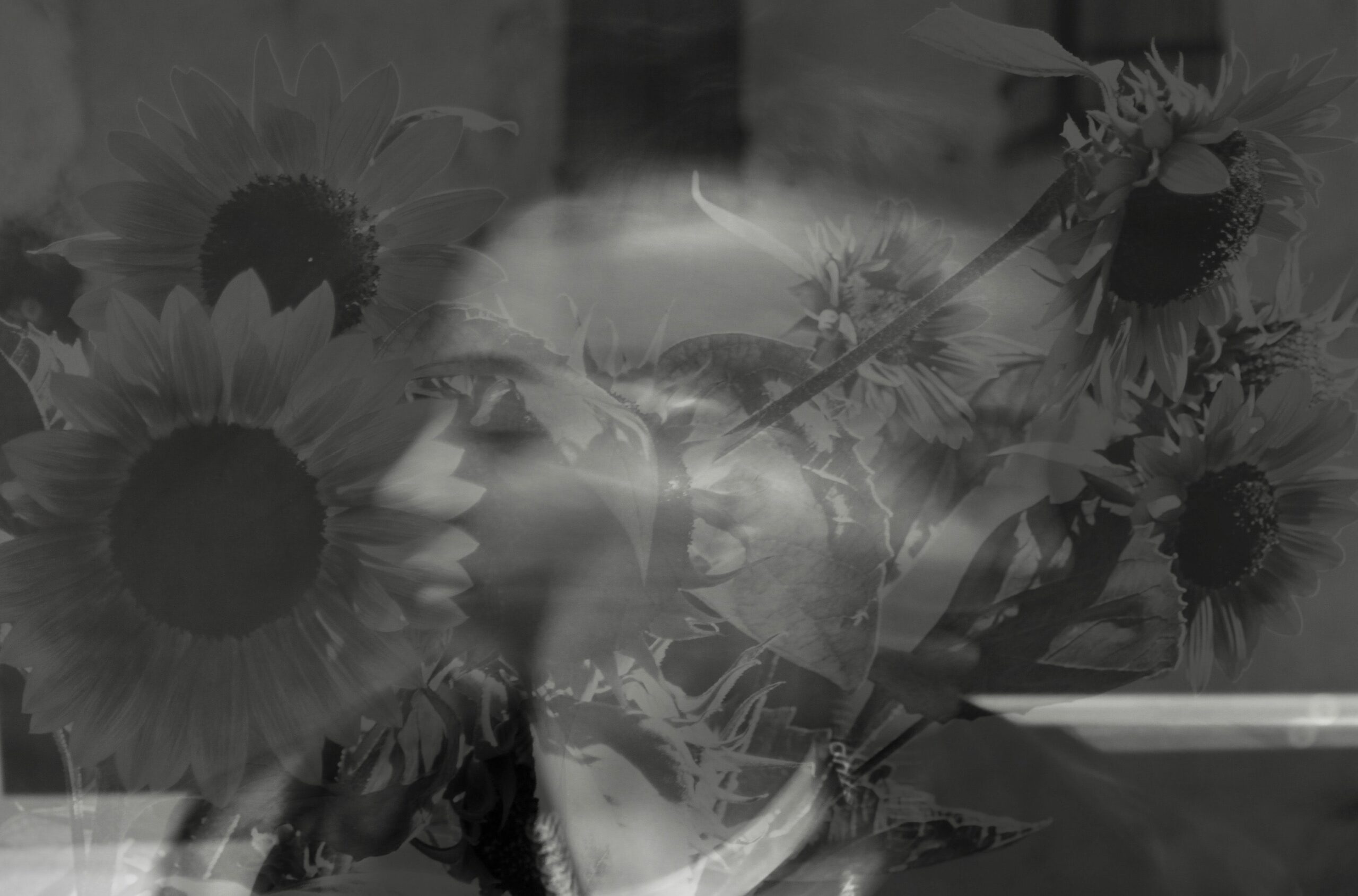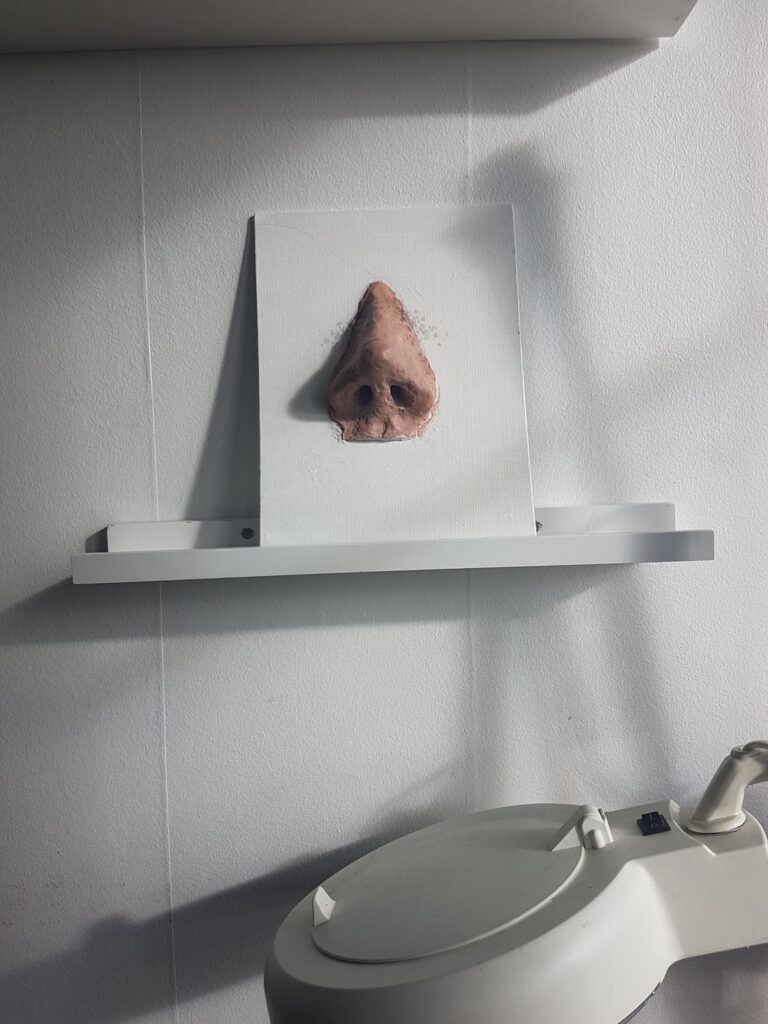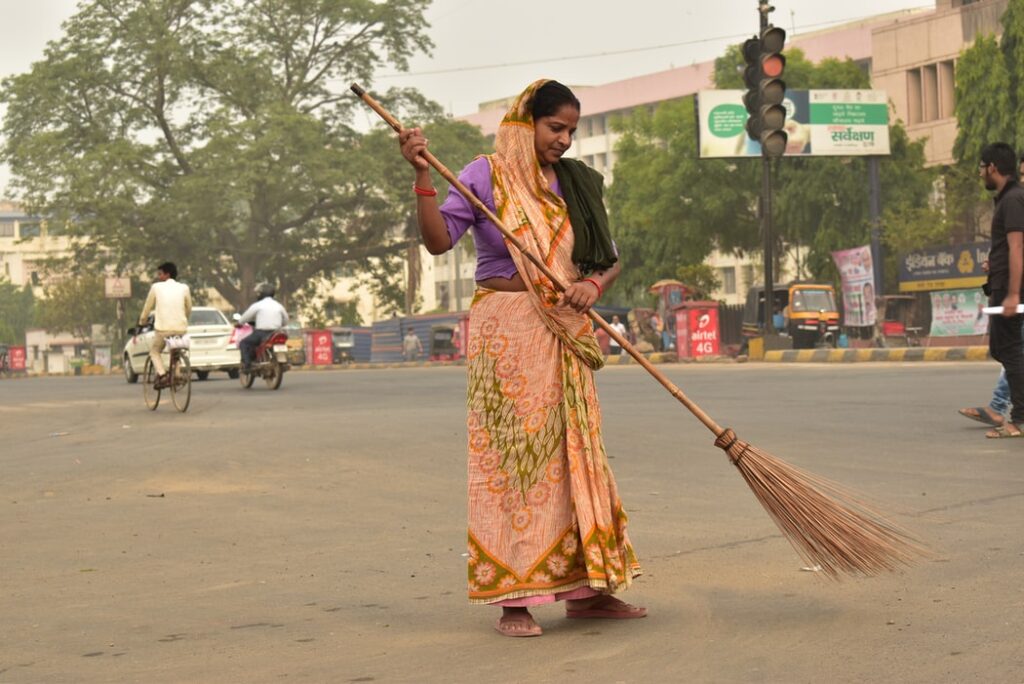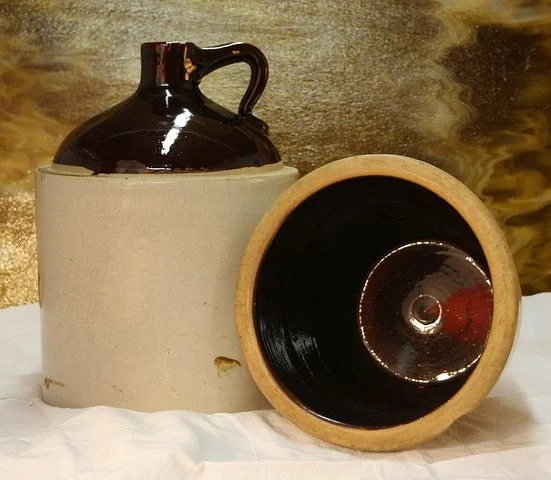
Ramgarh station slumbered under the sultry afternoon sun. The dusty platform seemed emptier than usual, with even Moti, the stray whom the porter Deva fed religiously having called it a day in the hazy heat and taken refuge in the tiny waiting room. Little did it know that a flurry of activity was to descend on it no sooner did the Ranthambore Express arrive from Jaipur.
Lakhanpal Singhji rose from his perch on the ubiquitous bench on the platform on spotting the diesel locomotive in the distance. He was a man of few words. Unfortunately witnessing his father gradually losing his mental balance in pursuit of justice to keep some of his ancestral land for the welfare of the local peasants following the integration of the princely state of Ramgarh into the union of India of which he had been the Raja had made him realize both the ways of fickle fate and the frailty of the human mind. Always dressed in clean clothes, his favorite attire on home turf was a black bandgala, white jodhpurs and a traditional pugree which looked somewhat out of place with his shock of greying hair and round glasses.
No one in the tiny hamlet of Ramgarh knew exactly what he did when he was away, except that he was their “Hukum” as the people still referred to their erstwhile Raja. However, the number of the grey haired in the village, who addressed him thus was dwindling steadily and the younger generation thought of him as a slightly eccentric but rather harmless fogey, offering unsolicited help to tired travelers. Whenever he was in town, he made it a point to walk to the station in time for the two express trains which halted there and helped out anyone who alighted from them in any which way he could. Calling the porter, fetching water or even lending a hand with the luggage on occasion was all part of the service for any traveler who trusted him. And his wise, rather grand-fatherly demeanor and frank open face made the number who trusted him far outnumber those who did not.
Today, the door of AC2 was flung open with a crash. The first person to alight of course was Jaikishan Sisodia, resplendent in a natty double breasted deep blue blazer with a maroon tie. He strode down the platform, peremptorily beckoning Lakhanpal Singh, who had been standing quietly to one side.
“Arre, idhar aao bhai! Itni door khade rahoge to saaman kaun uthayega?”
Justice Jaikishan Sisodia of the Rajasthan High Court or JJ as he was popularly known in legal circles, took himself and his exalted position very seriously. While there was no doubt that he had worked his socks off to reach where he was, he expected to be lauded for this feat by all and sundry. A stickler for rules, puffed up with self- importance, woe betide anyone who dared to thwart his wishes and interrupt his soliloquies!
The passing of a first cousin had mandated this condolence visit and was the reason for his unofficial visit to this far-flung corner of Rajasthan without his usual entourage in attendance. But he was determined to make his presence felt irrespective of his visit being official or otherwise. He had chosen to look down his aquiline nose at all things Ramgarh no sooner he alighted on the platform and the sight of the doddering old fogey who seemed to double as porter had only irritated him further at this visit to the back of beyond. It went without saying that he liked to keep himself in the rarefied atmosphere and exalted circles which were par for the course due to his position in the legal world.
Lakhanpalji stepped up smartly, ready to help as always, when his attention was drawn to a young woman alighting from the general compartment, a large hold all balanced precariously on her head, a shabby suitcase in one hand and a toddler balanced on one hip. Her stark white attire, devoid of any ornamentation, frail form and face etched with deep lines of sorrow proclaimed that life had dealt her a difficult hand.
Without a qualm, Lakhanpalji turned his solicitous attention to the woman, ignoring Jaikishan completely. Unused to such temerity, Jaikishan turned puce in the face and raised his voice “Maine tumko pahile bulaya na? Sun nahi sakte? Jante bhi ho main kaun hoon?” Lakhanpalji turned back with a smile. “Sahib, aapke paas ek chota sa bag hai. Aap khud utha sakte hain. Bahar rickshaw mil jayegi. Bitiya rani ke paas saman bhi jyada hai aur munna bhi saath hai. Aap ruko. Use bithwa kar main vaapas aata hoon.”

Jaikishan had long lost the habit of being kept waiting for anything and was quivering with self-righteous outrage at this temerity by a lackey, who seemed to be lavishing attention on a down at heel, good for nothing young woman. Trembling with rage, he picked up his small overnight bag and stalked off, but couldn’t resist throwing a few choice remarks over his shoulder about lecherous old men who couldn’t resist a pretty face. What he failed to notice was the sudden stiffening in Lakhanpalji`s stance as he got the drift of what was being said. With a single scornful glance at Jaikishan, Lakhanpalji walked away with the young woman, a local, a war widow who was returning to her ancestral home, having lost her husband at the border, barely a week before.
Burning with what he thought to be righteous indignation, Jaikishan spent the two days he was in Ramgarh in a high temper, hoping that he would be able to make the doddering old man regret his actions to his dying day. Although the trip ended uneventfully, the incident remained etched in his mind. A few months later, Jaikishan Sisodia was invited as a guest speaker at a legal convention in Delhi. On the day of the convention, he reached the venue in grand style, in time for the inauguration. With the rest of the legal luminaries, he awaited the arrival of the chief guest who happened to be the newly appointed Chief Justice of the Supreme court, a man notorious for his low profile and whom Jaikishan had never seen, even in photographs.
No sooner did the car drive up, he rushed to open the door for the CJI and was rewarded by the sight of the doddering porter from Ramgarh stepping out of the car. “What is this boor doing here?”, he wondered to himself peering into the car in the hope of spotting the CJI. On finding the back seat empty, he turned, only to be greeted by the sight of all the legal luminaries present paying obeisance to the figure with the shock of greying hair and round glasses dressed in trade mark black bandgala and white jodhpurs, who was now the CJI. Justice Sharma, his colleague and good friend at whose behest he had come to the convention put a friendly arm around his shoulders before leading him up to Lakhanpal Singhji. “Your honor, let me introduce you to my colleague and good friend, Justice Jaikishan Sisodia of the Rajasthan High Court.”
As Lakhanpal Singhji brought his hands together in a namaste, Jaikishan Singhania tried to avoid looking into those wise eyes, fearing the scorn he was sure he would find in them. However, all he saw was compassion and heard was a gentle voice saying “I am truly sorry for not helping you in Ramgarh that day, but I am sure you will agree that the war widow deserved to be helped first.”
Jaikishan could only hang his head as he remembered his misplaced eloquence of that day. He realized that the clamor in his head was nothing but the clanging of the empty vessel that was his mind, yet to be filled with wisdom.




